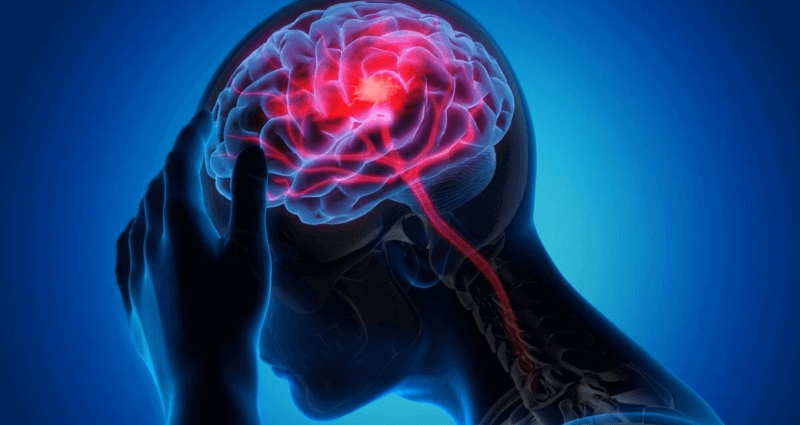Neurology is a branch of medicine that deals with nervous system disorders. The peripheral nerves, spinal cord, and brain make up the nervous system of the human body. The term neurology comes from the Latin and Greek word ‘neurologia’ where ‘neuro’ refers to ‘nerves’ or ‘the nervous system,’ and ‘logia’ refers to ‘study.’
Dr. Jean-Martin Charcot is called the father of modern neurology. He was a French neurologist who studied his patients’ symptoms by hypnotizing them. Various types of neurological disorders affect the brain, spinal cord, and nerves. Speak to a neurologist at Alexandria neurology to learn more about neurological disorders.
Types of neurological disorders
Some nervous system disorders are comparatively harmless and only last temporarily, but some are serious and require immediate attention and clinical care. Here are a few neurological disorders:
- Stroke
Your brain cells survive on nutrients and oxygen, and the way to get them is through the blood supply. When you experience a stroke, there’s an interruption of blood supply to a part of your brain, which causes the brain cells in the affected area to die and stop functioning.
This results in various symptoms like feeling confused and dizzy, being unable to walk or speak correctly, experiencing painful headaches, etc.
- Parkinson’s Disease
This disease affects the nervous system and causes nerve cell damage that helps us move and coordinate. You will notice uncontrollable shaking, an inability to coordinate or balance, or just being able to do movements correctly as symptoms.
- Alzheimer’s Disease
This is a form of dementia commonly affecting older people aged 60 or above. This is a disorder that affects the brain and causes the affected person to lose their ability to memorize, think, or even do simple daily tasks.
Some symptoms you might notice in a person suffering from AD are changes in mood and behavior, showing signs of anxiety, getting aggressive, losing or misplacing things, and forgetting things frequently.
- Cluster Headache
Cluster means a group of the same or similar things appearing together. A cluster headache is an immensely painful headache that occurs multiple times a day. They can last for weeks and even months at a time before subsiding temporarily.
Cluster headaches have been referred to as ‘suicide headaches’ multiple times because of their severity and the recorded cases of people taking their own lives or contemplating it after experiencing one. Symptoms include piercing pain on the same side of the head, changes in the face, pain in the eyes, or drooping of the eyelids.
- Epilepsy
Epilepsy causes the affected person to have sudden seizures. This condition commonly affects children and older people, but people can develop it at any age.

